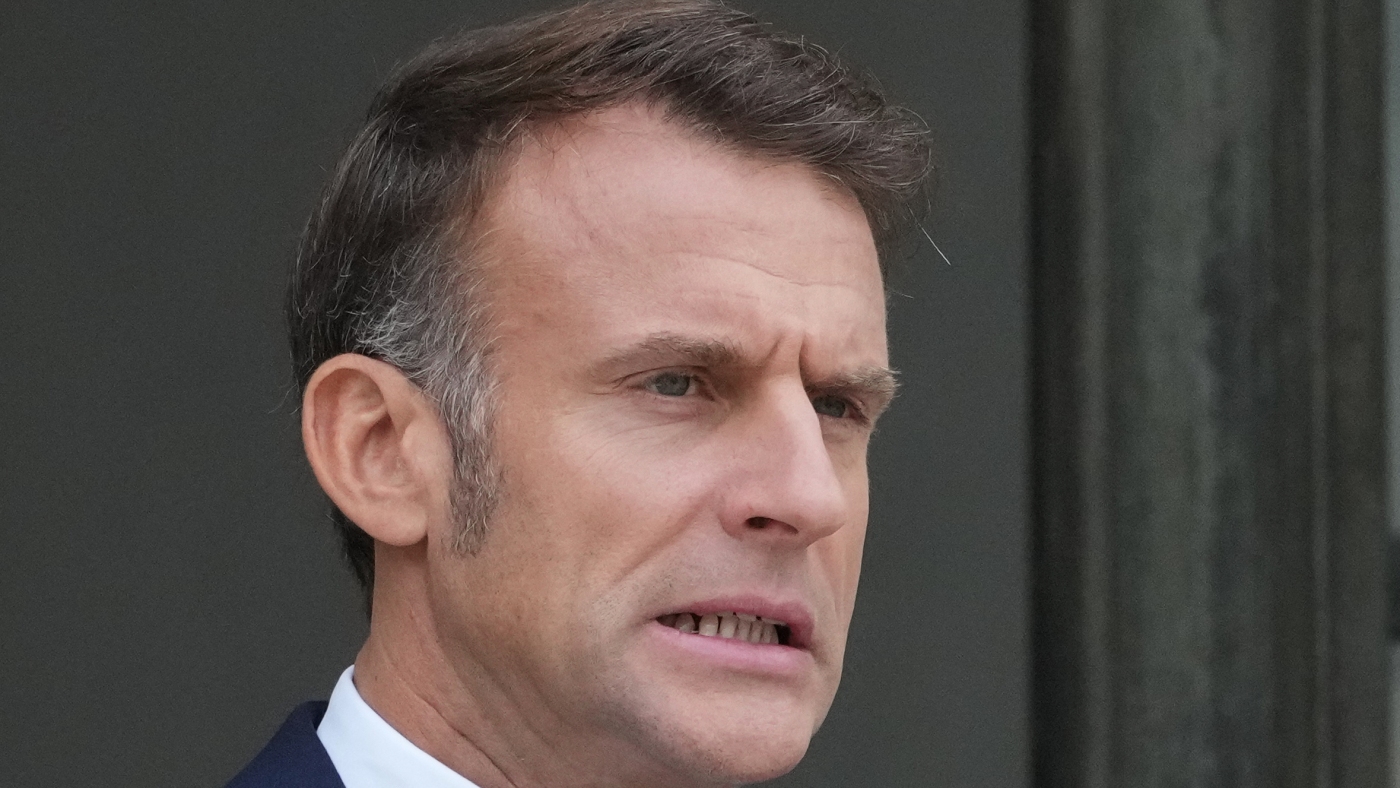Political Turmoil in France: A Second Chance for Prime Minister Lecornu
Recently, French President Emmanuel Macron reappointed Sebastien Lecornu as Prime Minister. This decision came just days after Lecornu’s resignation, following his struggle to form a government. The move aims to tackle France’s ongoing political and economic challenges.
Lecornu’s reappointment reflects the urgency of the situation. France is grappling with significant debt and rising economic concerns, alarming many within the European Union. According to a recent report, France’s public debt reached approximately €3.35 trillion, which is about 114% of its GDP. This level of debt is prompting worries among investors and financial analysts, particularly as France’s poverty rate hit a record 15.4% in 2023, the highest since statistical records began in 1996.
The political environment is tense. Lecornu accepted his new role out of a sense of duty, hoping to deliver a budget by the year’s end and address pressing daily issues faced by citizens. He emphasized the need for unity within the government, stating that new appointees must forego presidential ambitions to foster a cohesive approach.
Macron’s leadership is seen as increasingly vulnerable. With no clear majority in the National Assembly, his ability to advance a legislative agenda is limited. Critics, including some within his coalition, have expressed concern over his decision-making. Marine Tondelier, leader of The Ecologists party, voiced skepticism about Macron’s ability to resolve the ongoing crisis.
Historically, the current deadlock mirrors past turbulence in French politics. In June 2024, Macron dissolved the National Assembly, triggering snap elections that left no party in control. This perpetual instability has hampered efforts to manage France’s finances, leading to calls for Macron’s resignation from the far-right National Rally and the far-left France Unbowed.
Looking forward, Lecornu faces enormous challenges. He must negotiate with a divided assembly while confronting an increasingly disillusioned electorate. One possible pathway to stability involves finding common ground among political factions, which Lecornu believes is still achievable. However, he may be forced to abandon unpopular reforms, like the contentious pension change that raised the retirement age without a parliamentary vote in 2023.
In conclusion, Lecornu’s reappointment is not just about leadership; it’s a crucial step in addressing the numerous crises facing France. The coming weeks will reveal if he can unite various factions and restore faith in the government. As France navigates this uncertain political landscape, it will need decisive leadership to steer clear of deeper turmoil.


